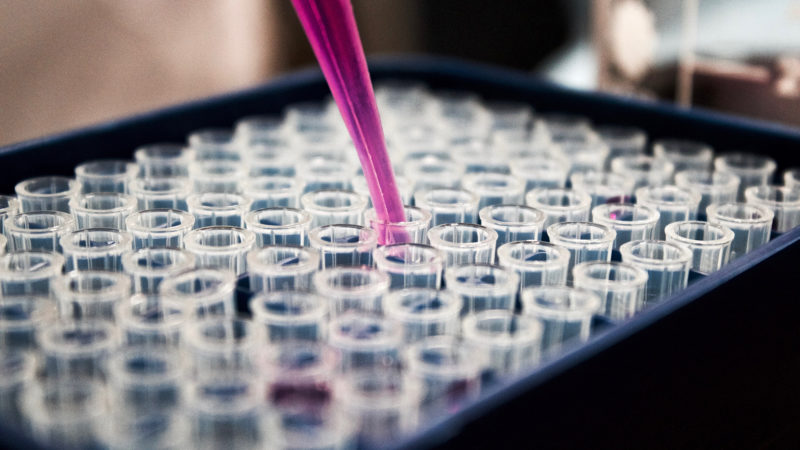TAIWANESE HEALTH AND RESEARCH DELEGATION VISIT PARATUS CLINICAL TRIAL SITE IN CANBERRA Visit fosters greater collaboration and experience of clinical trial execution in public and private health settings best practice
With
Matt Clacy,
Founder & Chief Commercial Officer
Paratus Clinical
Dr Amber Leah,
Principal Investigator & Medical Director
Paratus Clinical
Professor Chun-Jen Huang,
Dean of Office of Human Research
Taipei Medical University & Taipei Municipal Wanfang Hospital
Taiwan
Professor Pin-Kuei Fu,
Director, Clinical Research Center
Taichung Veterans General Hospital
Taiwan
AUSTRALIAN HEALTH JOURNAL SEGMENT
Filmed in Canberra | September 2025
In late August 2025, a Taiwanese delegation comprising government officials from the Taiwanese FDA, various governmental groups, and physicians and researchers from across Taiwan, visited Paratus Clinical’s trial site in Canberra. Their objective was to explore both the differences and similarities between the clinical research ecosystems of Taiwan and Australia.
Throughout the discussions, the delegation learned about the processes involved in initiating research, the regulatory hurdles that must be navigated, and the practicalities of conducting clinical trials in both public and private sectors.
Paratus Clinical specialises in a range of clinical trials, from Phase I to Phase III, including vaccine studies and treatments across primary care areas such as asthma, diabetes, and cardiometabolic health, as well as outpatient specialties like dermatology and oncology.
The conversations also addressed the distinctions between inpatient and outpatient care, focusing on startup timelines, regulatory requirements, and patient recruitment strategies. Notably, the delegation found a reassuring number of similarities in clinical practice between the two countries.
Matt Clacy, recognised the potential benefit of fostering greater collaboration between public and private sectors in Australia, a practice that is more prevalent in Taiwan and advantageous for patient care and the healthcare system overall.
Source: Written by AUDIENCED
You Might also like
-
International Clinical
Trials Day 2020Today is International Clinical Trials Day 2020. The day commemorates the day James Lind started his study to determine the cause of scurvy. By dividing 12 sailors into separate groups and testing the effect of providing different treatments to each group, Lind was able to provide evidence of the link between fruit and preventing scurvy. This is the first recorded controlled clinical trial and changed modern medicine. Around the world International Clinical Trials Day is celebrated to raise awareness of the importance of clinical trials and research in healthcare.
Today we hear from Christine Zahren Co-Founder and Director of White Coats Foundation about the importance of clinical trials and involving the patient in the protocol design, to ensure success from “lab bench to bedside”. She also references where information on clinical trials can be found, through government sites, healthcare professionals and also ClinTrial Refer where she works as business development manager.
#InternationalClinicalTrialsDay2020hashtag
#ICTD2020
#InternationalClinicalTrialsDay
#whitecoatsfoundationhashtag
#clinicaltrialshashtag
#CaptureEveryStory
Post Views:
1,511 -
Delivering anaesthetic services to countries where surgical services can’t be provided
Dr Wendy Falloon is an Anaesthetist of over 30 years experience and a Fellow of Australian and New Zealand College of Anaesthetists (ANZCA). She studied medicine at the University of Tasmania, and worked in Hobart, Sydney and the Uk while completing her specialist qualifications. Her primary professional focus has always been to deliver the best possible experience of anaesthesia to each and every patient, and for them to know that she sees and values them, and their stories.
Having been born in Africa, she realised even as a child that health and wealth were largely a product of where people happen to be born. This sowed the seed of her ongoing desire to be of help to others in less fortunate circumstances, ultimately leading to her volunteer work with the Mercy Ships charity. This is one of the most fulfilling aspects of her career, and she has volunteered in Africa with Mercy Ships 8 times since 2014.
-
Success in WA pilot to observe babies showing delays in social interaction & communication development
Inklings – led by The Kids Research Institute Australia – is a program for babies aged 6-18 months whose communications skills are developing differently to expected milestones. In early 2025 it has completed the first year of a pilot program.
At the time of filming (Nov 2024), Inklings has received more then 300 enquiries across WA and started to deliver services to 160 children, with almost 60 who have completed the program.



